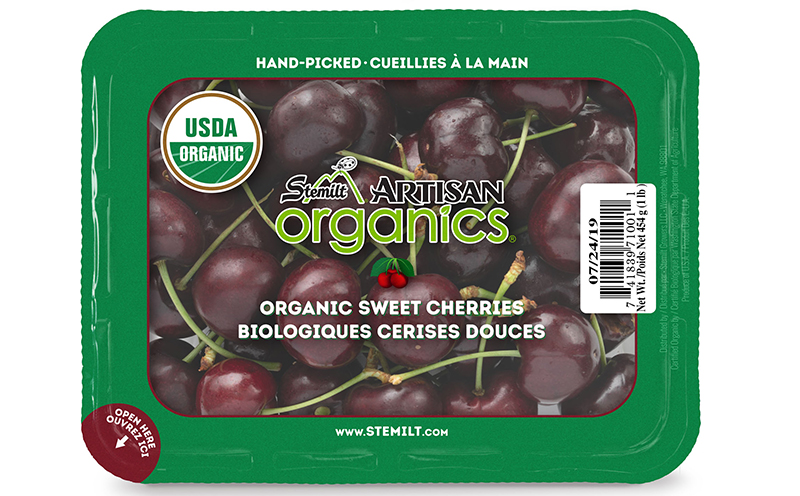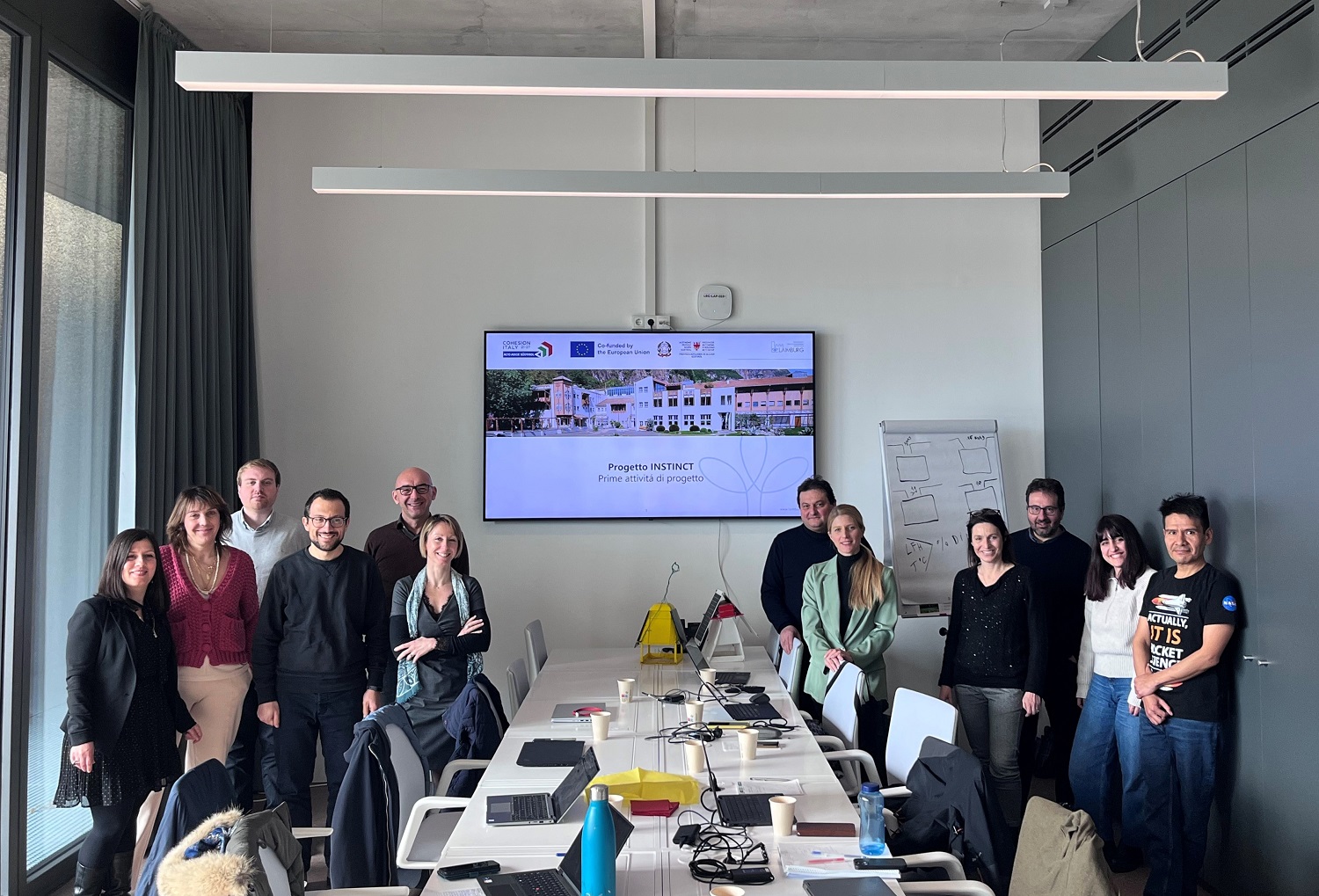Cracking occurs due to water stagnation on the ripening fruit or due to a water imbalance within the soil-tree system. Based on where it manifests, it is classified into: pedicel cavity cracking, calyx end cracking, and lateral cracking.
Cracking is influenced by various factors such as heavy rains near ripening, especially if the soil is at field capacity, fruit load, the use of growth regulators such as GA3, calcium absorption, and genotype.
Calcium absorption in the fruit, water and water relations of the soil-plant system, salinity, and some physiological characteristics, such as fruit growth stages, size, and uniformity, are important factors to consider for its management. Pre-harvest foliar treatments with calcium are used to mitigate cracks due to greater water absorption.
Water availability influences the growth, yield, and quality of the cherry tree. Today, there are some theories that try to explain the problem, the most accredited one is the hinge, the so-called “zipper hypothesis”. Certainly, varietal choice and consequently genetic improvement are fundamental to start with a variety suitable for a territory and tolerant to cracking.
We know that the application of biostimulants determines the activation/regulation of metabolic pathways that influence important processes capable of improving production both quantitatively and qualitatively. The improvement of a specific agronomic objective is often composed of other sub-objectives or rather, of strongly interconnected relationships.
The reduction of salinity, the physiological efficiency of water, calcium absorption in the fruit, uniformity of size are factors that can improve the plant's response to cracking.

Syngenta Biologicals, thanks to the Geapower technology platform, which combines chemistry, integrated omics sciences, and field trials, is able to offer sustainable solutions capable of inducing targeted responses on the plant. Biostimulants are metabolism regulators whose composition is not important to know as the individual ingredients taken individually tell us little and do not indicate the total mechanism of action better known as the mode of action of the biostimulant at the physiological level.
Thanks to the Geapower technology platform, we can intervene with targeted solutions for different physiological targets to help improve a multifactorial agronomic target such as cracking.
The application of Talete increases water productivity, its physiological efficiency, through the induction of water-reactive genes. Retrosal improves the plant's metabolic activity under saline and even normal stress conditions, through the overexpression of genes related to the increase of glycerol metabolism, wax biosynthesis, and the induction of primary metabolism.
Calbit C/Brexil Ca for rapid translocation of calcium complexed with LS (lignin sulfonate) in fruits. Non-phytotoxic even in early interventions and with very tender vegetation. Finally, the synergy of Benefit PZ+MC Cream applied at the beginning of flowering stimulates cell division and expansion to increase the number and size of cells present in each fruit without the use of growth regulators.
To download the PDF click here
Gaetano Bentivenga
Syngenta Biologicals
Cherry Times - All rights reserved











